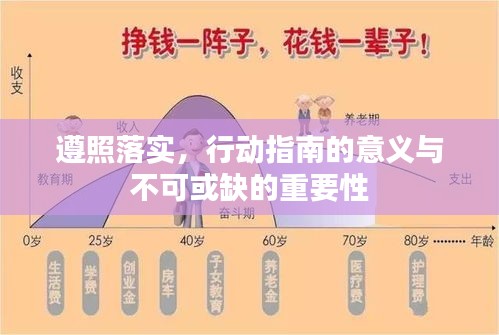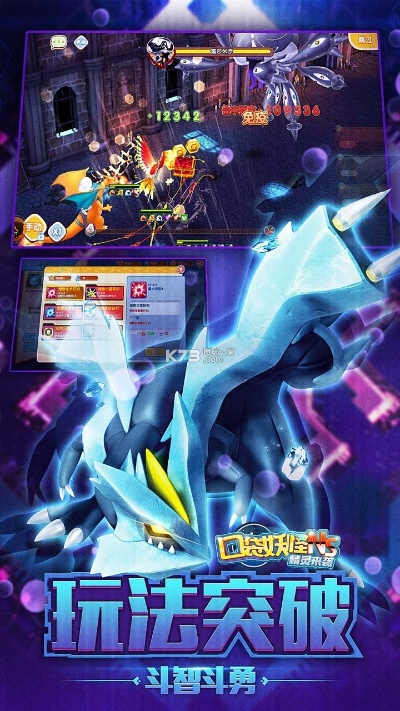Introduction to Dynamic and Real-Time Interaction
In the digital age, the way we communicate and interact with each other has evolved significantly. The advent of the internet and social media has brought about a new era of dynamic and real-time interaction. This article explores the concept of dynamic and real-time interaction, its importance, and how it has transformed various aspects of our lives.
The Concept of Dynamic Interaction
Dynamic interaction refers to the ability to engage with others in a way that is responsive, adaptable, and engaging. It is characterized by the flow of information and ideas between participants, allowing for a rich and varied exchange of thoughts and emotions. Unlike traditional forms of communication, which often involve a one-way flow of information, dynamic interaction is a two-way street that encourages active participation and engagement.
Real-Time Interaction: The Power of Instant Connectivity
Real-time interaction takes dynamic interaction a step further by enabling participants to engage with each other instantly. This is made possible by various technologies, such as chat applications, video conferencing, and social media platforms. Real-time interaction breaks down geographical barriers and allows people to connect and collaborate regardless of their physical location.
The Importance of Dynamic and Real-Time Interaction
Dynamic and real-time interaction has become increasingly important in today's interconnected world. Here are some key reasons why:
Enhanced Collaboration: In professional settings, dynamic and real-time interaction fosters better collaboration among team members. It allows for quick decision-making, efficient problem-solving, and seamless coordination of tasks.
Improved Communication: Real-time interaction ensures that messages are conveyed and understood immediately, reducing misunderstandings and miscommunication.
Enhanced Learning: Educational platforms that incorporate dynamic and real-time interaction provide a more engaging and interactive learning experience. Students can ask questions, participate in discussions, and receive immediate feedback from instructors and peers.
Personal Connections: Social media and other online platforms enable people to maintain and strengthen personal relationships through dynamic and real-time interaction. Friends and family can stay connected despite being miles apart.
Technologies Enabling Dynamic and Real-Time Interaction
Several technologies have contributed to the rise of dynamic and real-time interaction:
Chat Applications: Platforms like WhatsApp, Slack, and Telegram allow for instant messaging, file sharing, and group discussions.
Video Conferencing: Tools like Zoom, Microsoft Teams, and Google Meet enable face-to-face communication over the internet, making it easier to collaborate and connect with others.
Social Media Platforms: Platforms like Facebook, Twitter, and Instagram provide real-time updates, live streaming, and interactive features such as polls and comments.
Virtual Reality (VR) and Augmented Reality (AR): These technologies are creating immersive experiences that allow for dynamic and real-time interaction in virtual environments.
Challenges and Considerations
While dynamic and real-time interaction offers numerous benefits, it also comes with its own set of challenges:
Digital Overload: The constant flow of information and notifications can lead to digital overload, causing stress and reducing productivity.
Privacy Concerns: Real-time interaction often requires sharing personal information, which can raise privacy concerns.
Quality of Communication: While real-time interaction can enhance communication, it can also lead to misunderstandings if not done properly.
The Future of Dynamic and Real-Time Interaction
The future of dynamic and real-time interaction looks promising. As technology continues to advance, we can expect even more innovative ways to connect and interact with others. Here are a few trends to watch out for:
Artificial Intelligence (AI): AI will play a significant role in personalizing and enhancing dynamic and real-time interaction experiences.
5G Connectivity: The rollout of 5G networks will enable even faster and more reliable real-time interactions.
Increased Integration: We will see more integration of dynamic and real-time interaction features across various platforms and devices.
Conclusion
Dynamic and real-time interaction has revolutionized the way we communicate and collaborate. By embracing these technologies and understanding their potential, we can harness the power of dynamic and real-time interaction to enrich our personal and professional lives.
转载请注明来自瑞丽市段聪兰食品店,本文标题:《生动实时互动的英文,实时互动 英文 》














 滇ICP备2023011059号-1
滇ICP备2023011059号-1